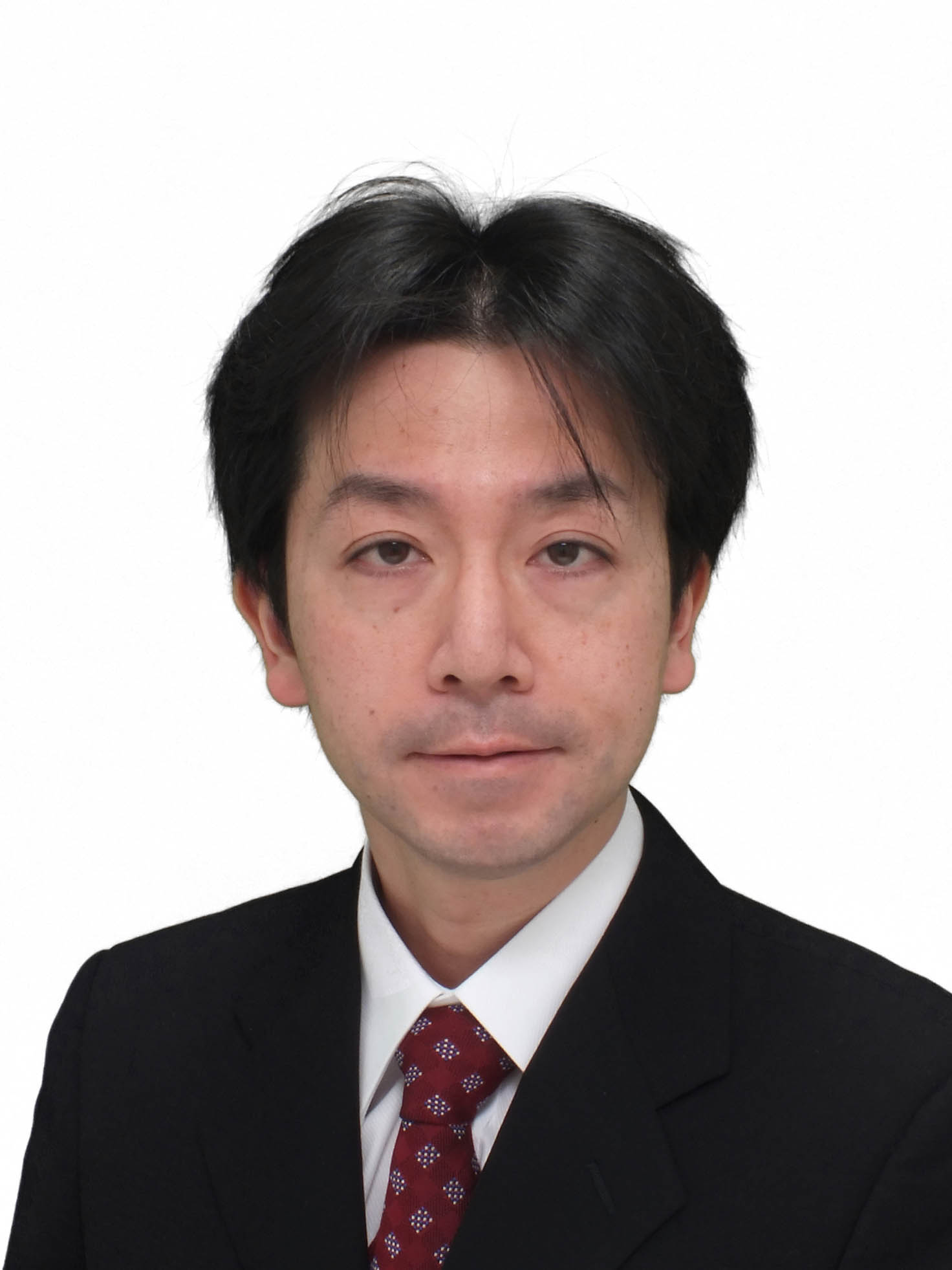
Hiroki Kondo
Abe Fellowship 2013
Project Title
Intergenerational Relationships within a Family and the Impact of Education and Social Security Policies in a Globalizing Economy: A Comparative Research between Japan and the U.S. Institutional Affiliation (at time of award)
Professor, Economics, Sophia University 